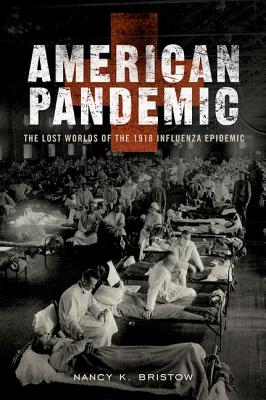Expedite your nonfiction book discovery process with Readara interviews, summaries and recommendations, Broaden your knowledge and gain insights from leading experts and scholars
In-depth, hour-long interviews with notable nonfiction authors, Gain new perspectives and ideas from the writer’s expertise and research, Valuable resource for readers and researchers
Optimize your book discovery process, Four-to eight-page summaries prepared by subject matter experts, Quickly review the book’s central messages and range of content
Books are handpicked covering a wide range of important categories and topics, Selected authors are subject experts, field professionals, or distinguished academics
Our editorial team includes books offering insights, unique views and researched-narratives in categories, Trade shows and book fairs, Book signings and in person author talks,Webinars and online events
Connect with editors and designers,Discover PR & marketing services providers, Source printers and related service providers
American Pandemic : The Lost Worlds of the 1918 Influenza Epidemic


Summary
The 1918 influenza pandemic is widely believed to have originated in Kansas before it gained worldwide reputation as Spanish flu, killing at least 50 million people around the globe including 700,000 Americans. With World War I raging for a fourth year, the U.S. leadership and military unwittingly played a key role not only in spreading the lethal virus nationwide but also in exporting it to Europe and onto the rest of the world, with India alone seeing 5% of its people perish.
In her book American Pandemic – The Lost Worlds of the 1918 Influenza Epidemic, historian and author Nancy K. Bristow illuminates personal stories of flu epidemic victims and survivors along with their silent battles, the chaotic public response, the heroic work of doctors and nurses, and scientists’ attempts to decode the new infectious agent.
While the U.S. federal government largely ignored the rapid spread of the virus, and the U.S. military lost more soldiers to the flu than in World War I combat, local and state governments were forced to scramble for medical and non-medical resources. Responses from public officials and reactions from citizens differed from one state to another, which eventually led to the virus persisting for more than three years.
With vivid details, Dr. Bristow offers a fascinating recount of social and cultural history during the pandemic years. As Americans resisted the growing powers of the government, medical professionals struggled in providing care and families of flu victims grieved in silence for long periods. Years later, influenza remade individual life but not communal life when the nation eased into its preferred narrative of the medical disaster of 1918 by forgetting the pandemic.
About Nancy K Bristow
Nancy K. Bristow is Professor of History at the University of Puget Sound in Tacoma, Washington. She is the author of Making Men Moral: Social Engineering during the Great War. Bristow is the great-granddaughter of two of the pandemic's fatalities.
